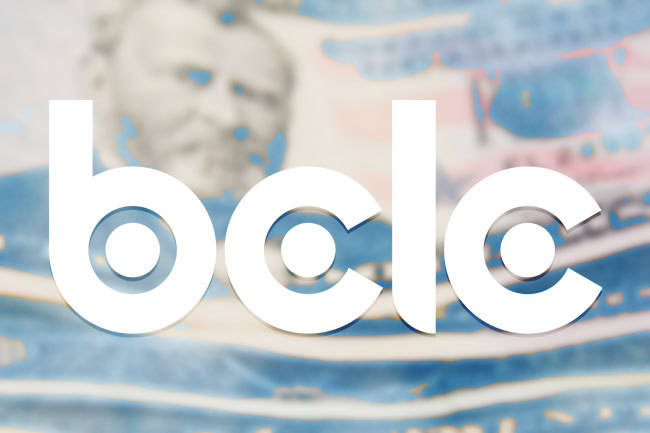The ongoing investigation by the Cullen Commission on money laundering activities in British Columbia has taken another twist. From yesterday’s hearing we learned that back in 2015, B.C. gambling executives could not agree on the proposed anti-money laundering measures in the fight with the alleged criminal activities on casinos’ premises.

In earlies episodes of the hearing, it became known that in 2015, B.C. Liberal Minister Mike de Jong requested the British Columbia Lottery Corporation to determine the source of income of all suspicious enormous cash transactions that were sanctioned in the casinos. The request was assigned, after BCLC’s CEO, Jim Lightbody was briefed by the RCMP of investigating high-rolling “VIP” gamblers who allegedly used drug money in Richmond’s River Rock Casino.
What Was the Right Move?

According to the inquiry, it can be traced back to 2010 when the B.C.’s Gaming Policy Enforcement Branch first insisted that the Crown corporations reject suspicious flow of CA$20 bills, which the then-investigators connected to drug-trafficking by Asian organized crime groups. The suspicious cash transactions increased over time and Branch’s estimations predicted that by the year 2014, the annual amount of laundered-money would reach CA$200 million.
This Tuesday, B.C. government lawyer Jacqueline Hughes accused BCLC’s COO Brad Desmarais of neglecting the branch’s criminal activities concerns and coming up with theories of alternative sources of funds in order to justify the suspicious cash sums. Desmarais also supported the Crown Corporations theory of Chinese players to use cash transactions due to cultural reasons.
In Hughes’ words, Desmarais disagreed and even argued several times with the theory of Chinese high-profile gamblers flying into Vancouver with colossal cash amounts. In response to that Desmarais claimed that he felt “confirmation bias” from the branch investigators with police experience who connected the duffel bags of CA$20 bills to drug-trafficking as their origin.
Hughes also read from March 2013 email exchange between Desmarais and Lightbody, where the former branch’s anti-money laundering report to the Crown corporation, did not take into account legitimate patrons who used cash transactions. Lightbody’s response to that was that he completely agrees with him and suggested repositioning the report around the misperception of money laundering. In another email that Hughes read in the inquiry, Desmarais was concerned that the limitation of cash transactions would scare away high-rolling gamblers from the casinos.
Bad Publicity
The Cullen Commission’s inquiry also heard that former CEO of Great Canadian Gaming Corporation Rod Baker and Vancouver Edgewater Casino executive Michael Graydon were among the high-profile gambling executives who were concerned with potential revenue losses. Their concerns were that if the investigations became public knowledge, it would harm the industry’s image and this will drive away most of the casino “VIP” patrons.
Potential Revenue Losses
Last week’s hearing of the Cullen Commission’s investigation into money laundering on B.C. casinos, we learned that back in 2015 the BCLC neglected the anti-money laundering directions from the provincial government. The proposed measure stated that high-rolling players who use large amounts of cash should declare their source of income. However, the BCLC took its time to implement the change in order to keep gaming revenues up.
Source: Cooper, Sam, “Top BC Lottery Corp. executives disagreed on province’s suspicious-cash directive, inquiry hears“, GlobalNews, February 2, 2021



















